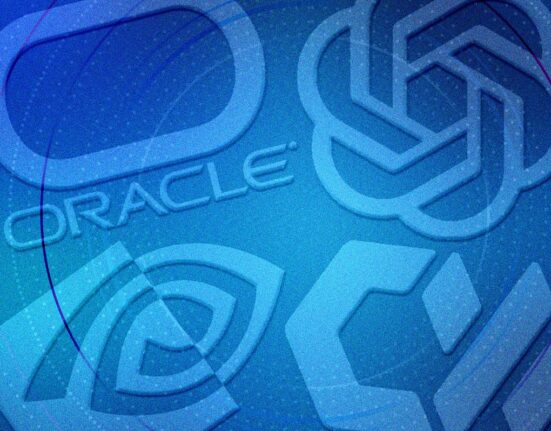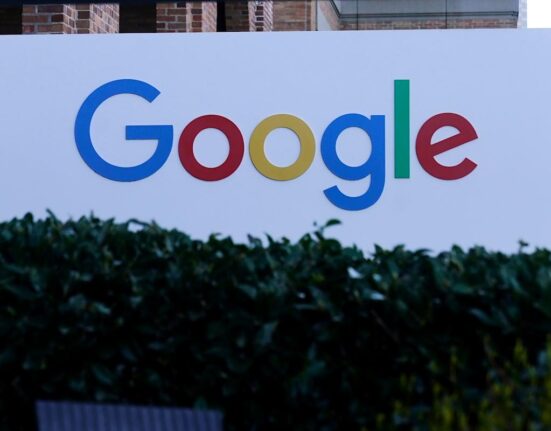KPMG’s CEO Outlook survey offers an annual look behind the curtain at the issues keeping the top business leaders up at night. Every year, hundreds of leaders answer the call from the Big 4 accounting firm to speak frankly and anonymously about key issues that need to solved, and 400 participated in the 2025 edition. CEOs have a message for America: they just aren’t sure of, well, anything.
Business leaders told KPMG—and its recently anointed chair and CEO, Timothy Walsh—that they’re wrestling with uncertainty across several different areas of their work. This is well documented and is to be expected, Walsh told Fortune in an interview. “There’s this general, as you would expect, general conversation around business uncertainty,” Walsh said, adding that he was encouraged at least to see the “alignment” in terms of topics coming up in C-suite conversations.
Peeling back the survey data, Walsh revealed that an unsurprisingly sizable majority (89%) say tariffs will “significantly impact” their business’ performance and operations over the coming three years. And nearly as many, 86%, said their firm will increase prices as needed. They are working hard to get around this, with 85% saying their company will strive to shift its sourcing strategies to minimize the impact as much as possible. The landscape is so uncertain that nearly every CEO says they need to make some kind of change: 79% said they’ve adapted their growth plans.
Walsh talked to Fortune about uncertainty on tariffs and AI, and the importance of trust in a climate of such uncertainty. CEOs are concerned with another advancing technology with terrifying capabilities, Walsh said: cyber and quantum. “That honestly keeps me up at night.”
Cybersecurity risks remain elevated, especially as quantum computing approaches. As for advances in quantum computing, Walsh said it could one day soon be capable of breaking all encryption, and companies tell him that they’re doing full assessments. It’s a “massive effort” to ensure that they’re not exposed when that quantum computing capability arrives, Walsh warned.
Adding into the mix the capabilities of AI agents and, Walsh said, “in many cases, a nation-state-type investment,” he’s very concerned about malware and deepfake-type technologies escalating in danger. Over the next three years, 82% of CEOs polled said cybercrime and cyber insecurity was a top trend that could hurt their organization. Cyber risk was overall the second-highest cited pressure behind CEOs’ short-term decisions. CEOs are most concerned about fraud detection and prevention (65%) and identity theft (52%), but they also said they have plans in place to mitigate.
KPMG’s CEO Outlook survey offers an annual look behind the curtain at the issues keeping the top business leaders up at night. Every year, hundreds of leaders answer the call from the Big 4 accounting firm to speak frankly and anonymously about key issues that need to solved, and 400 participated in the 2025 edition. CEOs have a message for America: they just aren’t sure of, well, anything.
Business leaders told KPMG—and its recently anointed chair and CEO, Timothy Walsh—that they’re wrestling with uncertainty across several different areas of their work. This is well documented and is to be expected, Walsh told Fortune in an interview. “There’s this general, as you would expect, general conversation around business uncertainty,” Walsh said, adding that he was encouraged at least to see the “alignment” in terms of topics coming up in C-suite conversations.
Peeling back the survey data, Walsh revealed that an unsurprisingly sizable majority (89%) say tariffs will “significantly impact” their business’ performance and operations over the coming three years. And nearly as many, 86%, said their firm will increase prices as needed. They are working hard to get around this, with 85% saying their company will strive to shift its sourcing strategies to minimize the impact as much as possible. The landscape is so uncertain that nearly every CEO says they need to make some kind of change: 79% said they’ve adapted their growth plans.
Walsh talked to Fortune about uncertainty on tariffs and AI, and the importance of trust in a climate of such uncertainty. CEOs are concerned with another advancing technology with terrifying capabilities, Walsh said: cyber and quantum. “That honestly keeps me up at night.”
Cybersecurity risks remain elevated, especially as quantum computing approaches. As for advances in quantum computing, Walsh said it could one day soon be capable of breaking all encryption, and companies tell him that they’re doing full assessments. It’s a “massive effort” to ensure that they’re not exposed when that quantum computing capability arrives, Walsh warned.
Adding into the mix the capabilities of AI agents and, Walsh said, “in many cases, a nation-state-type investment,” he’s very concerned about malware and deepfake-type technologies escalating in danger. Over the next three years, 82% of CEOs polled said cybercrime and cyber insecurity was a top trend that could hurt their organization. Cyber risk was overall the second-highest cited pressure behind CEOs’ short-term decisions. CEOs are most concerned about fraud detection and prevention (65%) and identity theft (52%), but they also said they have plans in place to mitigate.









Leave feedback about this